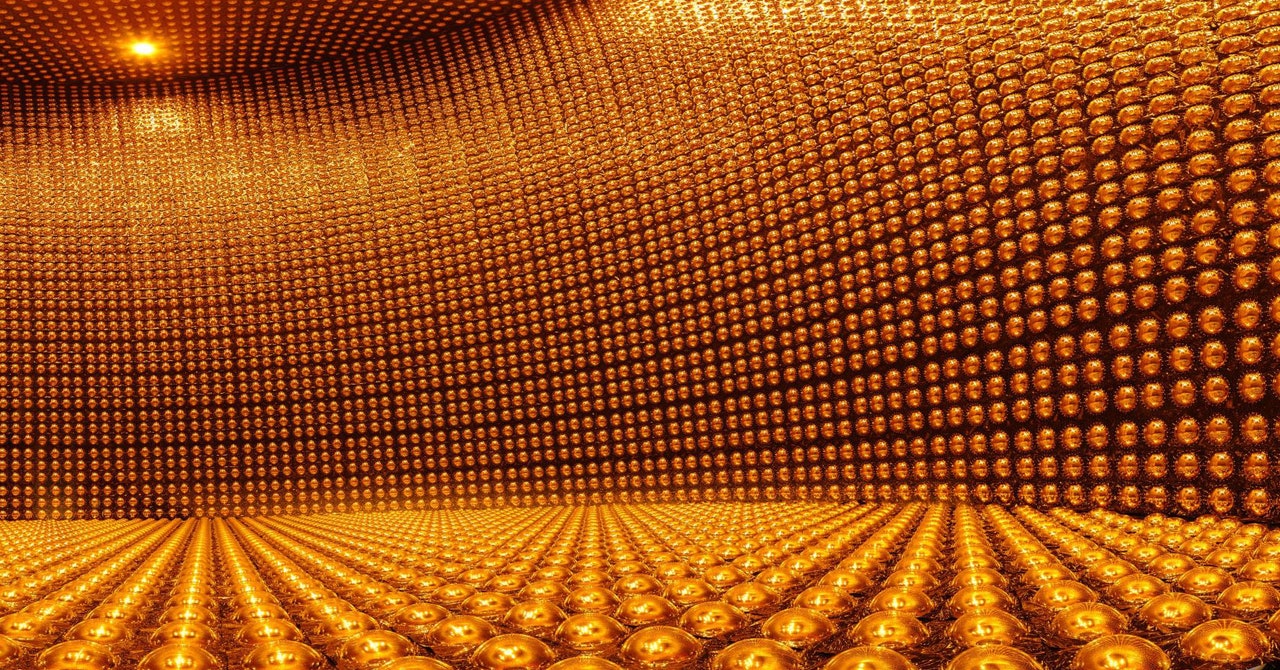Physicists have detected the strongest evidence yet of a behavioral difference between elementary particles called neutrinos and their mirror-image twins, antineutrinos. The asymmetry could be the key to why so much more matter than antimatter arose during the Big Bang—further explaining why anything at all exists today, since matter and antimatter in equal portions would have mutually annihilated.
Original story reprinted with permission from Quanta Magazine, an editorially independent publication of the Simons Foundation whose mission is to enhance public understanding of science by covering research developments and trends in mathematics and the physical and life sciences.
“This is a hint that there is a large asymmetry between neutrinos and antineutrinos,” said Deborah Harris, a neutrino physicist at the Fermi National Accelerator Laboratory in Illinois and York University in Canada who was not involved in the work. “It’s a big deal,” she said, since “we’re trying to figure out what process could have tipped the balance in favor of matter over antimatter.”
“I am excited because this is the first time we have solid indications,” said Federico Sanchez Nieto of the University of Geneva, a co-spokesperson for the T2K experiment in Japan, which reported the results in Nature.
The T2K team started seeing signs of a discrepancy in the behavior of neutrinos and antineutrinos in 2016. Their new result, following years of additional data collection and improvements to the data-analysis techniques, rises to a statistical level that physicists regard as official evidence of a physical effect. “The significance of the effect increases with the collected data, which is what one expects when the result is correct,” said Werner Rodejohann, a neutrino physicist at the Max Planck I
Read More

